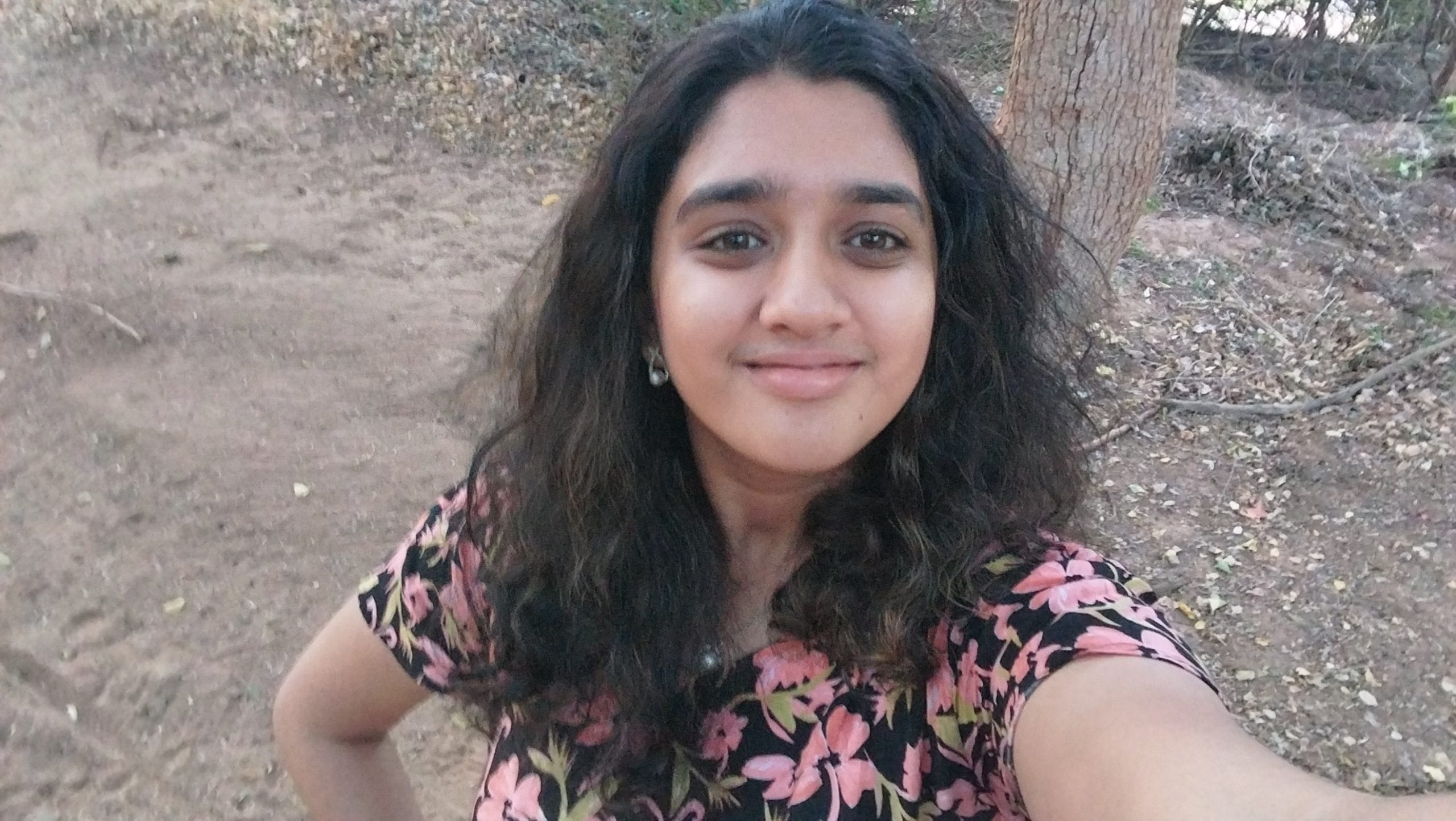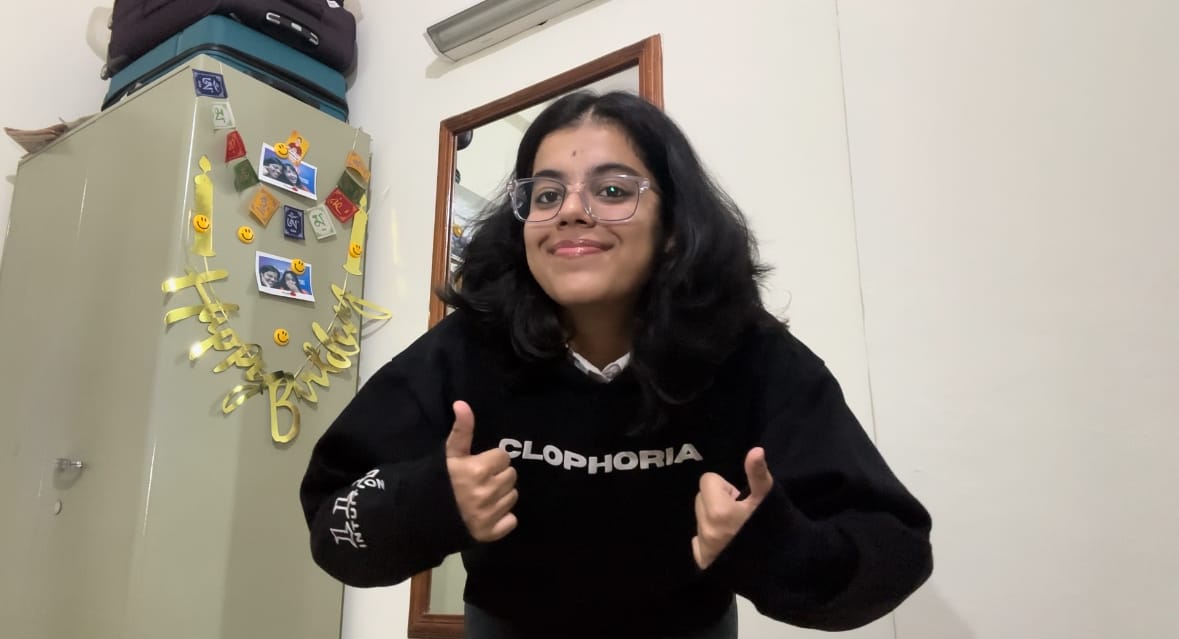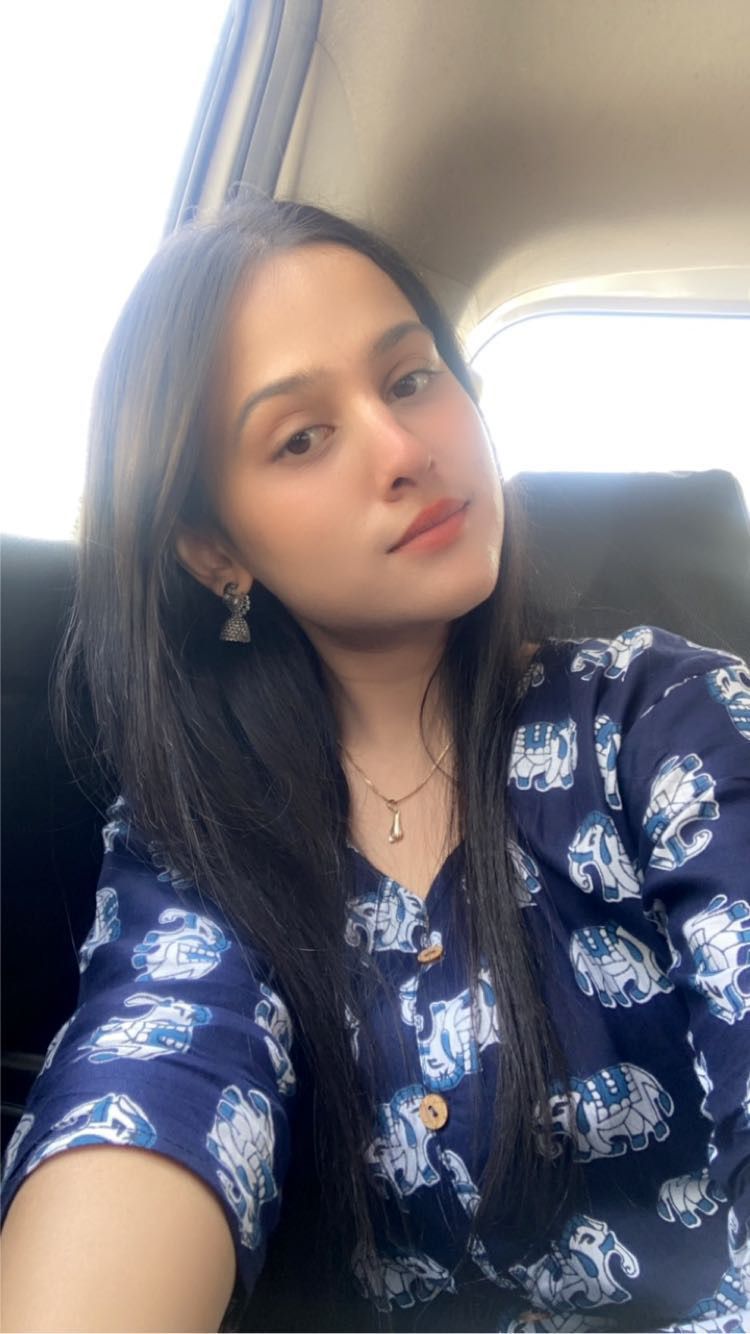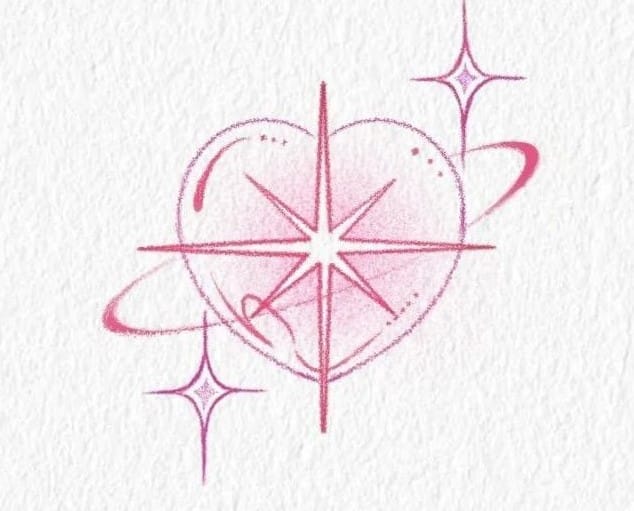Managing Social Media Envy: Strategies for Comparison Trap Escape

Mrinalini Jain
May 22 , 2024

What Is Social Media Envy?
According to Leon Festinger’s Social Comparison Theory, human beings tend to compare themselves to others to gain a better idea about themselves. There are two types of comparison we engage in upward comparison and downward comparison. Upward comparison refers to comparing oneself to someone better than us i.e. superior, and often results us in feeling bad about ourselves. Downward comparison is when we compare ourselves to someone else who is in a worse situation than us i.e. inferior and we usually engage in this comparison to feel better about ourselves.
What is envy? Envy can arise when an individual lacks another person's superior qualities, achievements, or possessions in a way that is relevant to themselves. The envious person desires the "superior" person's qualities or possessions but doesn't want others to obtain them.
Social media acts as a platform for individuals to easily compare themselves with others, often leading to feelings of envy as they engage in upward comparisons. This is called social media envy. It can be defined as feeling inferior, frustrated, or upset by wanting what someone else has. This could be in the form of possessions, physical features, milestones reached, or popularity.
How Does It Come About and How Is It Harmful?
On social media sites, we often strive to showcase only our best moments, but we tend to forget that others are doing the same. As we browse through posts of people we know on platforms like Instagram, we only see the positive aspects of their lives - their accomplishments, and happiness, and this can lead us to feel inadequate. Even though we understand that they are simply presenting the best version of themselves, we still end up feeling inferior. We begin to doubt our worth, experience jealousy and desire what they have. There exists a constant pressure to measure up to the perfectly curated versions of others' lives. However, there's likely someone out there looking at our posts and feeling envious of us. Social media has ensnared us in this harmful cycle where we are constantly comparing ourselves to others. Hence, we are never able to feel good about ourselves because no matter what we do, we will always find someone better to compare ourselves to.

Photo by Anthony Tran Team on Unsplash
Social media envy leads to depression, a decline in mental well-being, low self-esteem, and other emotional challenges like envy and malicious feelings.
How Can You Social Media Envy?

Photo by Wesley Tingey Team on Unsplash
Take a step back. Remind yourself that people often put their best foot forward on social media and that is not an accurate representation of their lives. It is important to acknowledge we do not know what is happening in people’s lives.
Review your reference groups. Through social media, one can engage in upward comparison with anyone, from their relatives to celebrities. We need to understand that compared to the seemingly glamorous and fun lives of the rich and famous, our own lives may not appear as exciting on social media. This is because these individuals are completely different from us and have different lifestyles.
Decrease usage. This one is quite obvious, but very effective. Simply by reducing the time we spend on social media, we might just find ourselves a bit happier or content with the way we live.
Unfollow. Some experts suggest that unfollowing those who evoke feelings of envy can be helpful. This does not include those you are close with, but even simply decreasing interaction with their posts or updates may help.
Take a break from social media. This is yet another obvious but effective method. By taking a break from social media, we can gain perspective.
For professional support, reach out to a mental health professional at Heart It Out today!
Keep Reading
Started reading,
found my glow!
New blogs dropping soon – Sign up!
© EmbraceWell. All rights reserved





























